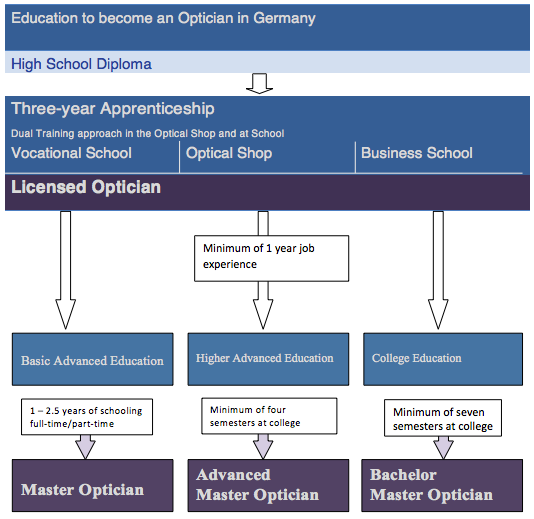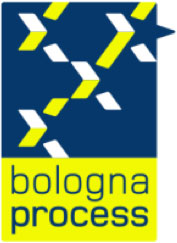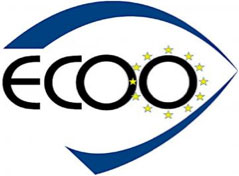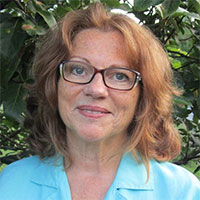
Lou Holtz is a famous football coach and a master motivational speaker. I wonder how he would coach American opticians to prepare for the future.
What is opticianry in America going to look like by 2020? And how might we accomplish our desired goals?
What have opticians in other countries done to move their profession forward?
The logical place for me to start my research is Germany, where I received my initial training as an optician. Back then, a 3.5 year apprenticeship with a dual learning system with practical experience under the supervision of a master optician within an optical shop, and theory at a vocational school would prepare you for the first-level certification in your profession. After five years work experience, a five semester college program was required to sit for your master exam. As a Master Optician in Germany, you were allowed to refract and fit contact lenses.
The system has evolved today. In doing my research, I was surprised at how positively all the official optical sites presented the profession of opticianry using descriptors like...one of the oldest professions, versatile, helps people, bright future, low unemployment, many possibilities, opportunities for advancement...
The basic education today is a three year apprenticeship. It is still a dual learning system consisting of hands-on training in the optical shop, which includes working in the lab and the office for the first two years, and starting to assist patients in the third year. For the training in optics, the apprentice attends a vocational school. Business management is taught today at regional colleges. The mid-term and the final exam consist of a practical and a theoretical part. Also interesting is the compensation structure.
A first year apprentice earns an average of 419 Euros per month which is about $562. Now remember, that is per month. A third year apprentice moves to 588 Euros, or $790 per month.
After passing the "Gesellenpruefung," the initial licensing exam, the optician has many opportunities to continue his or her education. Several different programs are offered to become a Master Optician. It takes a minimum of one year of full-time studies. An optical engineering degree can be achieved after four semesters, a Bachelor of Science after seven semesters.
Since 2008 the Bachelor Master Optician has the opportunity become an optometrist. It requires completion of a minimum of 400 hours of continuous studies and passing a three-day intensive final exam. Master Opticians who also carry the prestigious title, "Optometrist," are highly sought after. They have proven competency in all areas of opticianry and patient care. They are also visionary leaders, because it is commonly believed that their higher education will be recognized around the world.

The most amazing changes have happened in the coordination of education in Europe.

The Bologna Process, an education agreement signed by 47 European countries, was designed to ensure comparability in the standards and quality of higher educational qualifications.
European opticians went one step further. Since 1999 they have a "Europa Diploma for Optics and Optometry," administered by ECOO, the European Council of Optics and Optometry.

The Europa Diploma consists of a three-part exam; each part only given once a year, each one in a different country. It seems to be quite complicated. However, this diploma demonstrates highest competencies and is accepted internationally.
Clearly, opticianry is alive and well in Germany. Through education, the scope of practice has been expanded and adjusted to fit modern-day, international requirements.
So, American opticians, what can we learn from the German system? How might we prepare for a fast changing, bright future?
It will take wisdom, teamwork, a persistent and consistent effort to reach this magnificent future.

Maggie Sayers is a professional development coach and a Master Optician. Her optical career started over 30 years ago in a family business in Germany.
Since she came to Florida in 1987, she has worked diligently to promote high professional standards in opticianry. Her mission is to help opticians achieve their personal success through serving the public as vision experts.
As a professional development coach Maggie provides education workshops that focus on leadership and personal engagement. Her time management course has inspired many participants to think outside the box, apply newly acquired knowledge and achieve extraordinary results.
Maggie's enthusiasm for opticianry is inspiring and her keen business sense paired with excellent communication skills make her a highly sought after motivational speaker.













